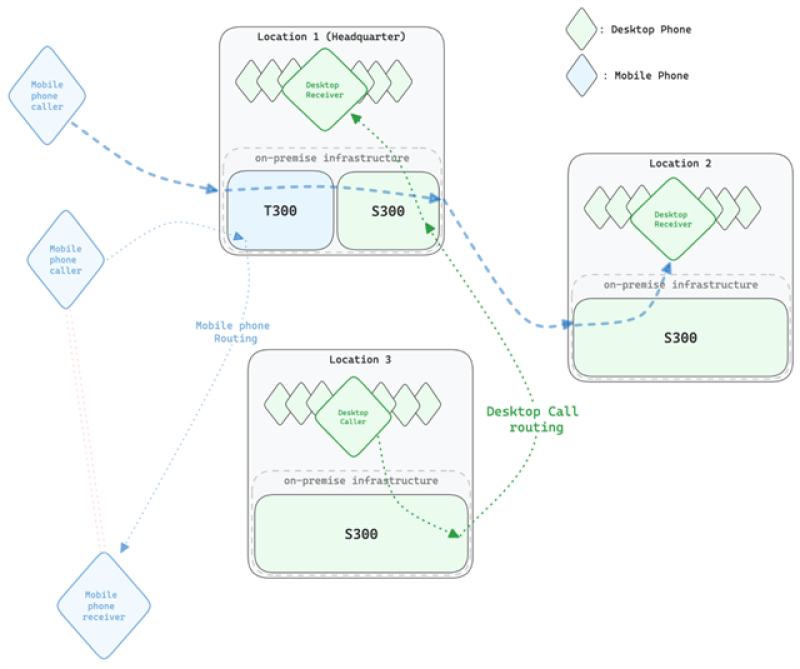In the world of telecoms, the threat landscape is becoming increasingly complex and methods for exploiting networks more sophisticated over time. In this cat-and-mouse game against criminals, governments and organisations with sensitive data feel more secure the more they can run communications over closed private networks.
One realm in which they certainly want to ensure security is watertight is that of voice encryption, as we find ourselves in an era of heightened espionage amid growing global tensions.
“The threat of business and government espionage has been getting higher over the past decade,” says Ibrahim Alzeer, founder of international technology firm Saudi Security Encryption Company (Secure Labs) based in Riyadh. “Part of this is also about growing mobility and travel at businesses, meaning systems are often not fully guarded.”
Volume business
According to Alzeer, the systems that do exist for encrypting voice for such entities today can cost thousands of dollars, be aimed at individual users rather than the mass corporate community and operate only on mobile phones. Furthermore, they are often controlled by a third party, meaning the buyer lacks ownership of the service.
Alzeer’s company, Secure Labs, is aiming to overhaul this paradigm through a new business model that achieves economies of scale by operating on a volume basis. Secure Labs offers customers a complete all-in-one architecture for global unlimited voice encryption for both desktop and mobile phones on parallel networks. It operates via a closed private network in which data is stored on the customer’s own premises, boosting its level of security and the control it has over its own communications data.
Secure Systems is designed so that a multinational company can install it in all of its offices and among all its employees in different countries or, for example, a foreign office can use it at all of its embassies to encrypt thousands of devices. By being offered at a mass scale, the cost per employee comes down substantially. Indeed, Alzeer estimates that the price could be as low as 10% of what’s on offer today, depending on how widely an organisation deploys the system.
“We’re providing a unique solution that can cover both desktop and mobile phones,” he says. “It creates this giant network in which both types of phones are encrypted and the cost per phone set is extremely low compared to what’s available now. We’re also not offering subscriptions, but giving you a system you own for life. You buy the hardware and technology, while the intellectual property and software are ours.”
On-premises tech
The hardware comprises two boxes installed on the customer’s premises – the SARAWAT 300 (S300) for desktop phones and the TUWAIQ 300 (T300) for mobiles. These are coordinated by core software called Phantom, which acts as a central hub for call management and ensures that calls are correctly directed under a high level of encryption.

Another Secure Labs technology, VPN Square, offers an extra layer of protection by preventing call tracing via a decentralised network of nodes. A further layer is provided by an extended-detection-response security system, offering a range of additional features such as real-time detection of threats contained in malware, automated incident-response actions and threat intelligence.
Secure Labs is now officially launching the product after testing it at four of its global locations – Saudi Arabia, Germany, the US and India.
“Security for voice communication is a challenge because of the diversity of desktops and mobile phones,” says Steffen Prell, CEO of RIS, a consulting firm specialising in cybersecurity, and client data and voice protection. “All the solutions available in the market today are either limited in capabilities or don’t give an economic justification. Secure resolves these challenges by providing a mix of protection for both desktop and mobile voice communications in a closed mass global user-owned network.”
Alzeer believes the product could be revolutionary, offering huge potential by filling a gap in the market. “We saw the need in the market, created the technical solution for it and worked many years to develop and perfect it,” says Alzeer. “Now, it’s ready for the world to see.”





